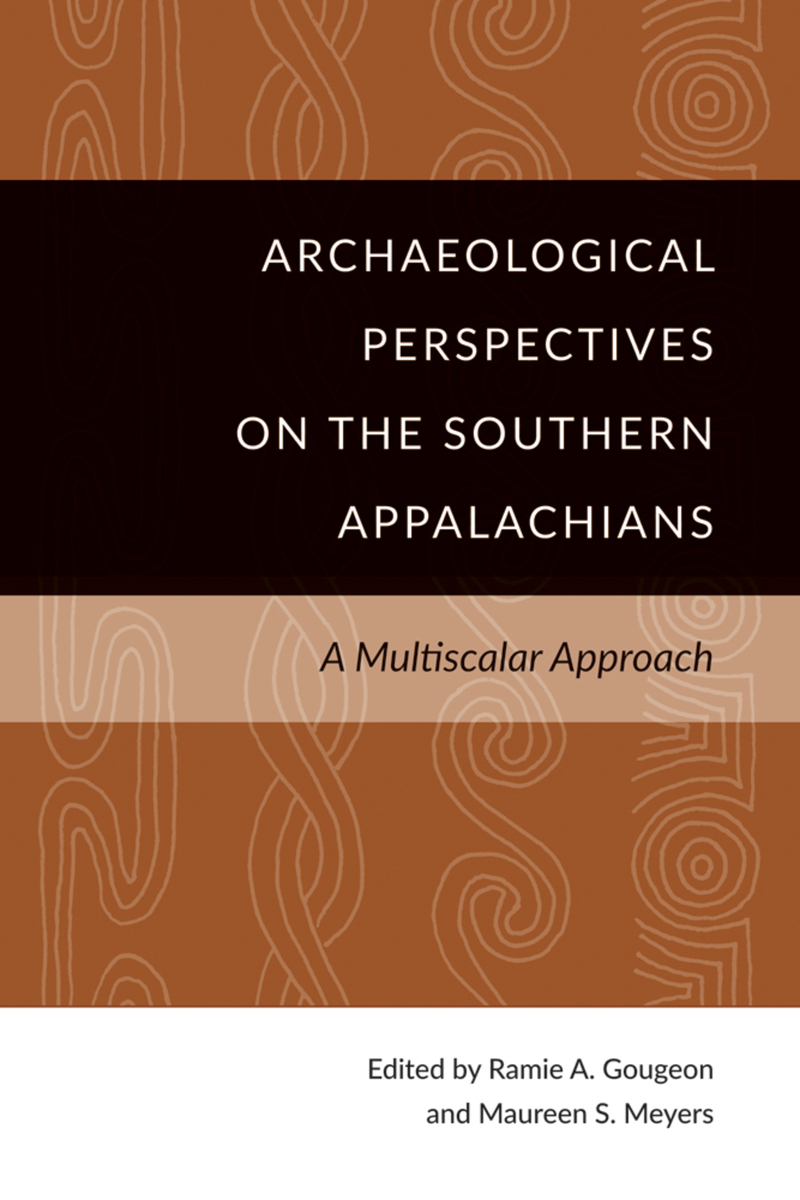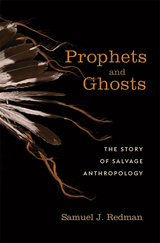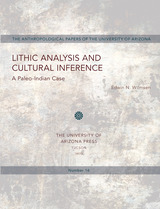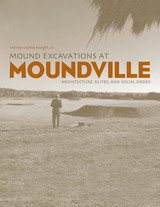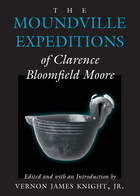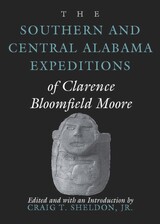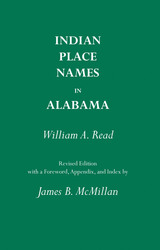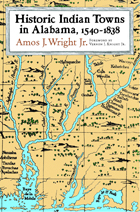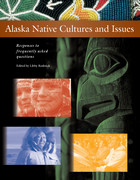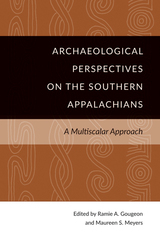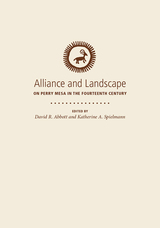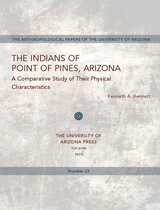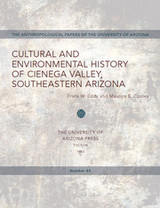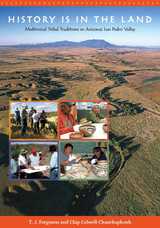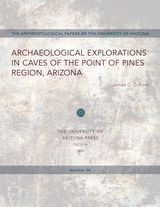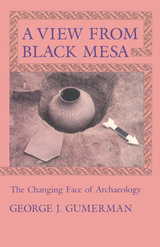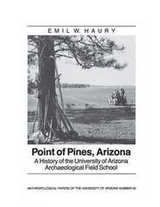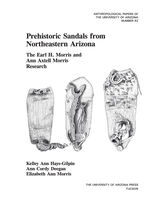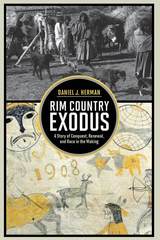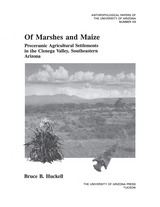Archaeological Perspectives on the Southern Appalachians: A Multiscalar Approach
University of Tennessee Press, 2015
eISBN: 978-1-62190-116-7 | Cloth: 978-1-62190-102-0
Library of Congress Classification E78.A66A725 2015
Dewey Decimal Classification 974.00497
eISBN: 978-1-62190-116-7 | Cloth: 978-1-62190-102-0
Library of Congress Classification E78.A66A725 2015
Dewey Decimal Classification 974.00497
ABOUT THIS BOOK | AUTHOR BIOGRAPHY | TOC | REQUEST ACCESSIBLE FILE
ABOUT THIS BOOK
In the last four decades, southeastern archaeology has increasingly developed a processual method of looking at archaeological data through varying levels of scale. By adjusting the scale, archaeologists can further define societal interactions and exchanges, which is particularly useful to those researching the Mississippian period, as the rise and fall of chiefdoms was both internally complex and externally influenced by broader regional factors. This use of the most current research methods has enabled a more comprehensive understanding of prehistoric and historic sociopolitical entities.
In Archaeological Perspectives of the Southern Appalachians, Ramie A. Gougeon and Maureen S. Meyers have brought together a dozen archaeologists to delineate multiscalar approaches to Native American sites throughout southern Appalachia. The essays range in topic from ceramic assemblages in northern Georgia to public architecture in North Carolina to the frontiers of southern Appalachia in Virginia. Throughout the volume, the contributors discuss varying scales of analysis in their own research to flesh out the importance of maintaining different perspectives when evaluating archaeological evidence.
Additionally, the volume makes particular reference to the work of David Hally, whose influence on not only the editors and contributors but on southeastern archaeology as a whole cannot be overstated. While Hally was neither a pioneer nor vocal champion of scale variation, his impeccable research, culminating with the publication of his magnum opus King: The Social Archaeology of a Late Mississippian Town in Northwestern Georgia paved the way for younger scholars to truly develop research methods for holistic social archaeology.
In Archaeological Perspectives of the Southern Appalachians, Ramie A. Gougeon and Maureen S. Meyers have brought together a dozen archaeologists to delineate multiscalar approaches to Native American sites throughout southern Appalachia. The essays range in topic from ceramic assemblages in northern Georgia to public architecture in North Carolina to the frontiers of southern Appalachia in Virginia. Throughout the volume, the contributors discuss varying scales of analysis in their own research to flesh out the importance of maintaining different perspectives when evaluating archaeological evidence.
Additionally, the volume makes particular reference to the work of David Hally, whose influence on not only the editors and contributors but on southeastern archaeology as a whole cannot be overstated. While Hally was neither a pioneer nor vocal champion of scale variation, his impeccable research, culminating with the publication of his magnum opus King: The Social Archaeology of a Late Mississippian Town in Northwestern Georgia paved the way for younger scholars to truly develop research methods for holistic social archaeology.
See other books on: Appalachian Region, Southern | Archaeological Perspectives | Mississippian culture | Social archaeology | Southern Appalachians
See other titles from University of Tennessee Press
